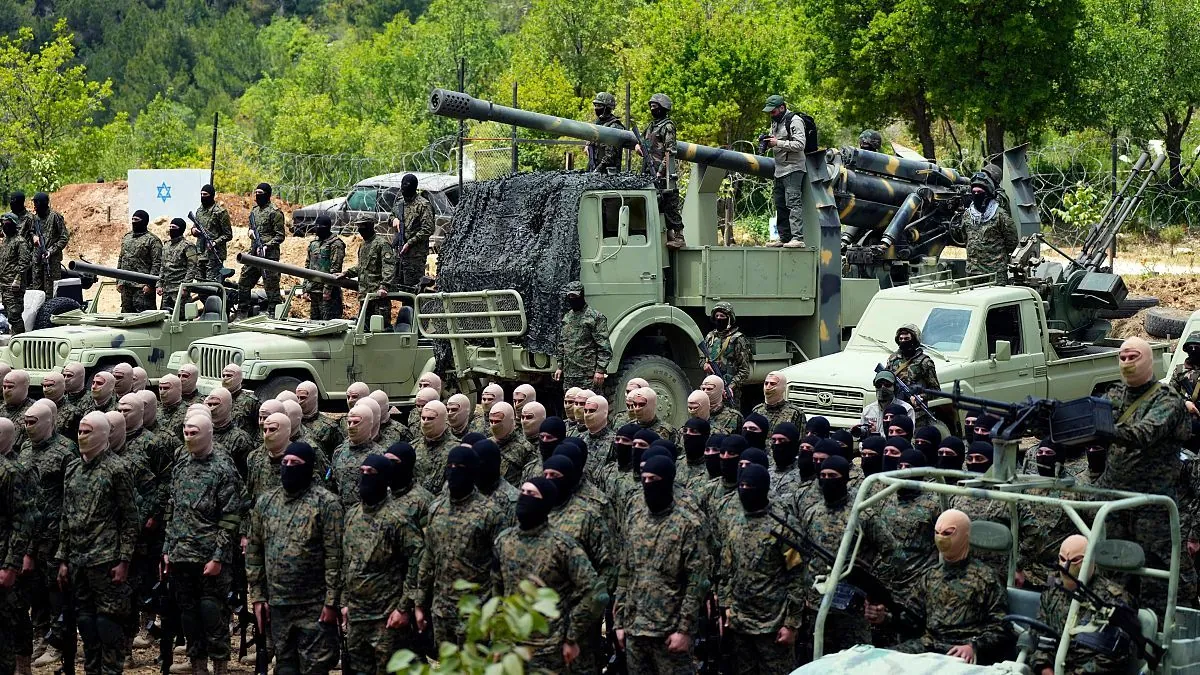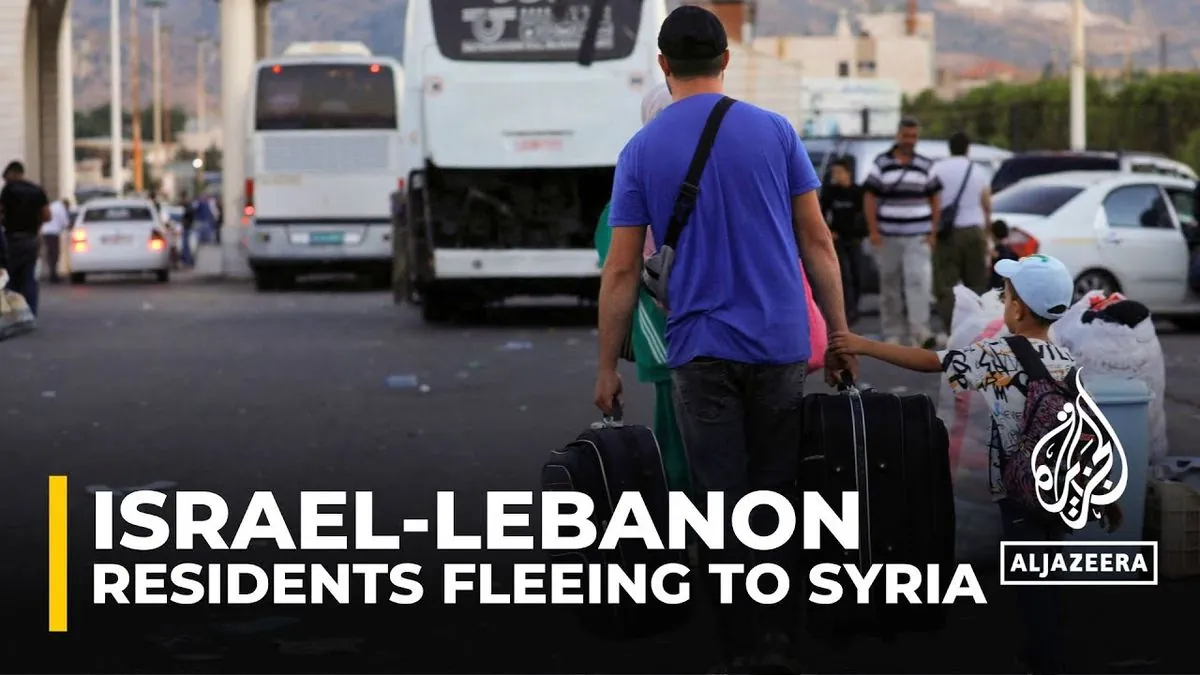Israel's Risky Gambit: Targeting Hezbollah Leadership to Force Concessions
Israel shifts strategy against Hezbollah, assassinating leaders to weaken the group. This high-stakes approach aims to force concessions but risks escalation and international terrorism.

Israel has recently adopted a bold new strategy in its ongoing conflict with Hezbollah, marking a significant departure from its previous approach of deterrence. This shift involves a targeted campaign of assassinations aimed at the group's leadership, including the reported elimination of Hassan Nasrallah, Hezbollah's long-standing leader.
The Israeli military's objective is clear: to weaken Hezbollah to such an extent that it will be compelled to negotiate on Israel's terms. This strategy aims to force the militant group to withdraw its fighters from the Israeli border and accept a ceasefire, allowing for the return of approximately 60,000 displaced Israeli citizens to their homes in the north.

However, this approach is not without significant risks. Hezbollah, founded in 1985 in response to Israeli occupation of southern Lebanon, has proven to be a resilient and formidable adversary over the years. The organization, with an estimated 25,000-50,000 fighters, has demonstrated its ability to withstand pressure and retaliate effectively.
Israel's history of targeting militant group leaders offers mixed results. While the elimination of key figures can disrupt operations, well-institutionalized groups often have succession plans in place. In Hezbollah's case, Hashem Safieddine is believed to be the likely successor to Nasrallah.
The assassination strategy also carries the risk of escalating the conflict beyond the immediate region. Hezbollah has a history of responding to such actions with international terrorism. In 1992, following Israel's killing of Abbas al-Musawi, Hezbollah bombed the Israeli Embassy in Argentina, resulting in 29 fatalities. Similarly, in 2012, the group carried out a suicide bombing against Israeli tourists in Bulgaria, killing six people.
Hezbollah's close ties with Iran further complicate the situation. Iran has been a crucial supporter of the group since its inception, providing funding, training, and weapons. This relationship could potentially offer Hezbollah a safe haven for regrouping and planning retaliatory actions.
Despite these challenges, Israel's strategy may yield some benefits. Leadership decapitation can create internal difficulties for militant groups, forcing them to focus on succession and reorganization rather than offensive operations. The constant threat of assassination may also hinder effective communication and coordination within the group.
Moreover, the broader context of Lebanon's precarious economic and political situation may influence Hezbollah's decision-making. The group has thus far shown restraint in escalating the conflict, possibly to avoid further destabilizing Lebanon.
Israel's gamble rests on the belief that by significantly degrading Hezbollah's capabilities, the group may be more inclined to negotiate. However, given Hezbollah's extensive rocket and missile arsenal, estimated at over 130,000, and its history of resilience, the potential for a severe escalation remains high.
As this high-stakes strategy unfolds, the international community watches closely, aware that the outcome could have far-reaching implications for regional stability and beyond.
"Our operations against Hezbollah are designed to create a new reality on our northern border, one that ensures the safety of Israeli citizens and forces Hezbollah to reconsider its aggressive posture."
This bold move by Israel represents a calculated risk in its long-standing conflict with Hezbollah. While the strategy may yield short-term gains, the potential for unintended consequences and escalation looms large. As the situation develops, the resilience of both Hezbollah and the fragile state of Lebanon will be put to the test, with regional stability hanging in the balance.


































